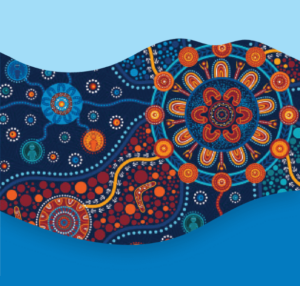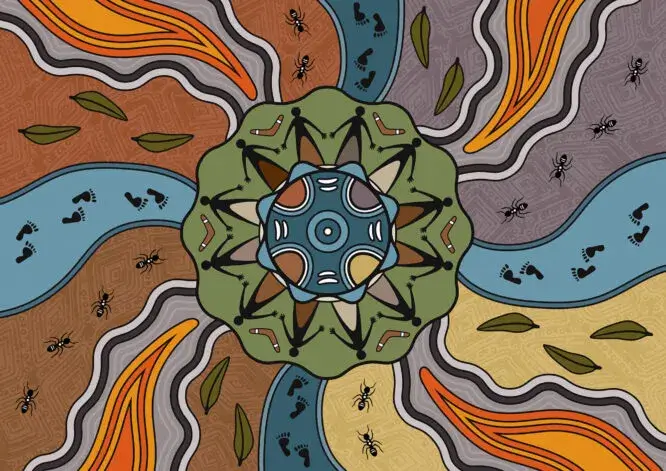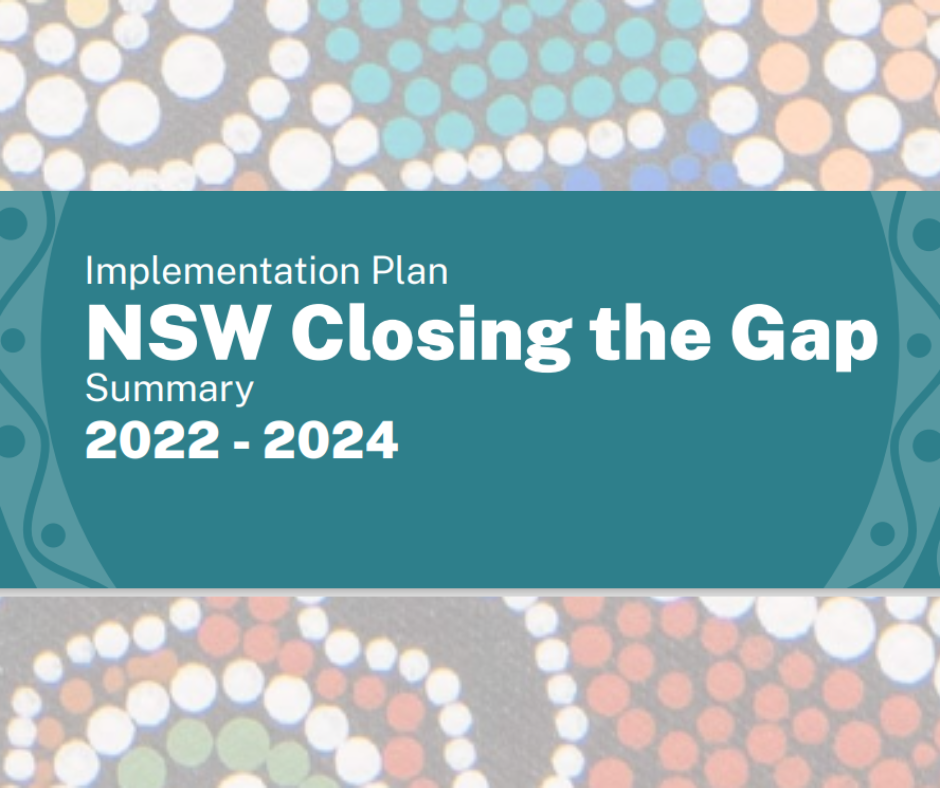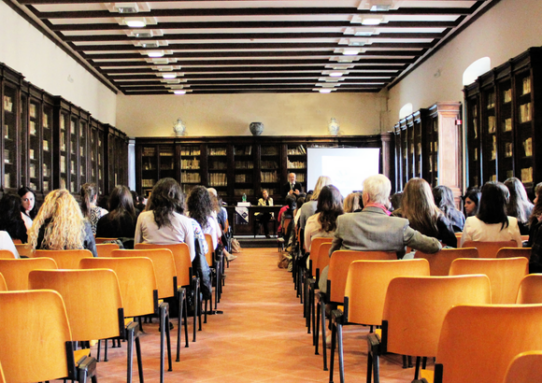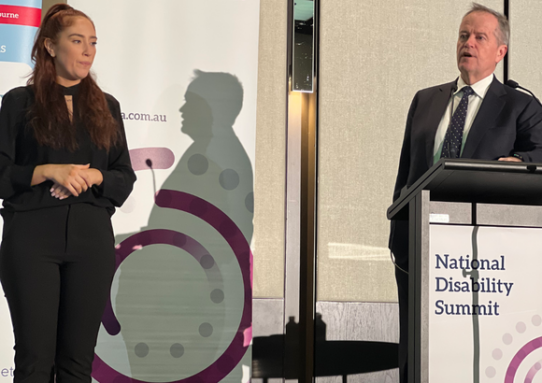The NSW government recently released its response to the Inquiry into health outcomes and access to health and hospital services in rural, regional and remote New South Wales. The Inquiry, which received over 700 submissions and held 15 hearings highlighted the challenges faced by those living in outer regions, particularly Aboriginal and Torres Strait Islander communities. Key issues raised by stakeholders included:
- the need for culturally safe services;
- the need for formalised partnerships between ACCHOs and LHDs (mainstream services);
- gaps in service delivery due to lack of clarity regarding shared responsibilities between the state and Federal governments;
- workforce challenges including ongoing shortages of Aboriginal health workers and other specialists; and
- service access challenges, due to remoteness and high service costs;
In its own submission to the Committee, the AH&MRC called for a review of existing systems and policies and the implementation of formal partnerships between LHDs and ACCHOs. Further, improved models of health service delivery that promote culturally appropriate connected care including processes for information sharing and transition in-transition out planning arrangements.
While the NSW Government accepted 41 of the Committee’s 44 recommendations, much of the rhetoric in the response focussed on what government was already doing, with very little in the way of new commitments.
In response to the committee’s recommendations to strengthen the Aboriginal health workforce in remote areas, the government notes its $883 million workforce package the 2022-23, which includes funding for Aboriginal nurse cadetships. While this is a welcome announcement, greater investment is needed to support the broader Aboriginal workforce and address critical specialists’ shortages in these areas.
With regard to the Committee’s recommendations around partnerships, the government notes its existing policies which seek to support partnerships with our sector. We know from engagement with ACCHOs across the state that these policies have fallen short, with very little Aboriginal representation LHD boards and many partnerships operating as box-ticking exercises.
In response to recommendations around strengthening cultural safety, the government points to the Aboriginal Cultural Engagement Self-Assessment Tool, which is intended to support health services to assess whether there has been a measured approach towards the delivery of culturally safe and accessible health services for Aboriginal patients and clients. While the AH&MRC notes that this tool is a positive step forward, more work needs to be done in supporting cultural safety. This can only be done through collaboration with the ACCHO sector and communities.
While there has been some progress made since the Inquiry, it is critical that greater efforts are made by government to address the challenges faced by those in remote areas, particularly Aboriginal and Torres Strait Islander communities.
The AH&MRC notes that work is underway to develop the new NSW Regional Health Plan asks the government to consider its recommendations to the Committee and undertake genuine engagement with Aboriginal communities and ACCHOs in this process.
Download the Media Release



